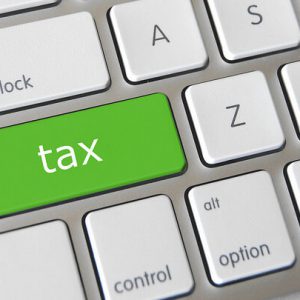Tax 101 – A Complete Guide to UK Tax
Tax 101
As a UK business owner, whether you are running a small solo operation, or employing several members of staff, there are several elements to UK tax you should be aware of when it comes to your accounting. Here we run through a few of the main strands to the tax system in the UK:
VAT
For any business that makes VAT taxable sales of over £82,000 per annum, registering for VAT is a must. This applies to any kind of business, whether a limited company, partnership, LLP or sole trader. Sales that are VAT taxable come under the bracket of products and services that have VAT charged on them. This usually works out at the standard rate of 20%, or 5% if a reduced rate applies.
Income Tax
Those who are self-employed as a sole trader should be aware that they will pay income tax on the profit made from their business. This comes into effect after you reach the £10,600 level, assuming you are under 75.
The situation might be different if you have another job or business, in which case you might be required to pay income tax on profits before the £10,600 level for the business in question.
Corporation Tax
Sole traders can ignore this section, but limited companies should be aware that their profits are corporation tax-deductible. This applies to any profits made by a limited company, as the personal allowance level we see for sole traders does not apply. This can be different if a limited company has made losses previously.
It should be noted that corporation tax currently stands at 20%, and is payable nine months and a day after the end of the company’s financial year.
National Insurance
National insurance is not officially a tax, but is essential money that goes to the government that you should look out for.
Sole traders typically pay Class 2 NI and Class 4 NI, assuming their profits are over the “Small Profits Threshold”, and the payment of national insurance goes towards the provision of a state pension.
From April 2016, the government has proposed to combine Class 2 NI and Class 4 NI, with details expected to be released soon.





